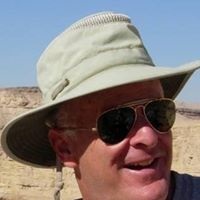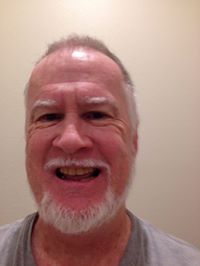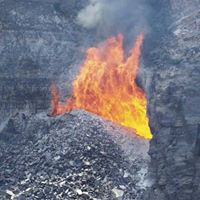Who was Jean-Jacques Rousseau?
Jean-Jacques Rousseau (1712 – 1778) was a Swiss philosopher, writer and composer. His political philosophy influenced the progress of the Enlightenment throughout Europe, as well as aspects of the French Revolution and the development of modern political, economic and educational thought.
Rousseau was the least academic of modern philosophers and in many ways was the most influential. His thought marked the end of the Age of Reason. He propelled political and ethical thinking into new channels.
His reforms revolutionized taste, first in music, then in the other arts. He had a profound impact on people’s way of life; he taught parents to take a new interest in their children and to educate them differently; he furthered the expression of emotion rather than polite restraint in friendship and love.
He introduced the cult of religious sentiment among people who had discarded religious dogma. He opened people’s eyes to the beauties of nature, and he made liberty an object of almost universal aspiration.
Rousseau moved to Paris when he was 30 and met another young man from the provinces seeking literary fame in the capital, Denis Diderot. The two soon became immensely successful as the centre of a group of intellectuals who gathered to edit the great 'French Encyclopédie'.
The Encyclopédie was an important organ of radical and anticlerical opinion, and its contributors were as much reforming and even iconoclastic pamphleteers as they were philosophers.
More Info:
www.britannica.com





